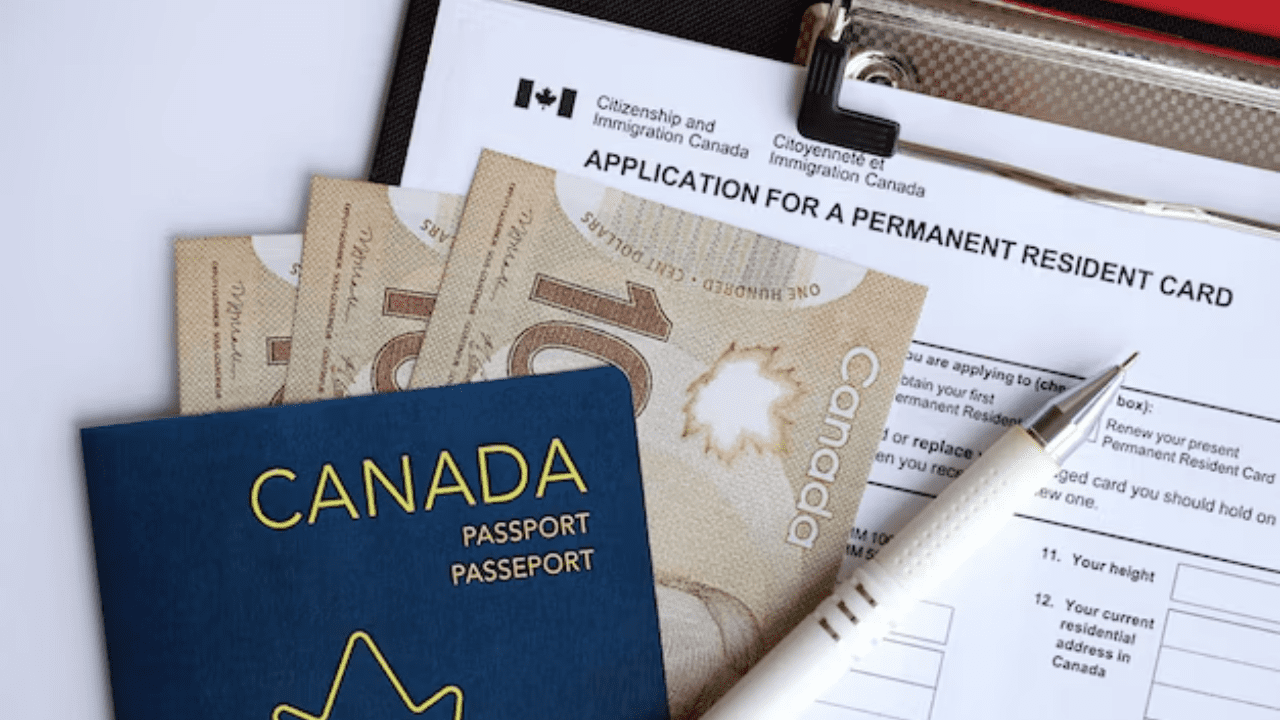

Manitoba launches a new program aimed at helping people gain permanent residency.
The Manitoba government announced a new initiative on November 15, 2024, aimed at addressing labour shortages in the rural west-central region. This initiative, known as the West Central Immigration Initiative, will be a three-year pilot program designed to meet the area's growing need for skilled workers. The program will see the Manitoba government partner with seven rural municipalities and the Gambler First Nation to tackle these labour market challenges.
The participating municipalities are Russell-Binscarth, Yellowhead, Roblin, Ellice-Archie, Riding Mountain West, Rossburn, and Prairie View. The Gambler First Nation, located in the region, is also part of the initiative. According to a survey conducted with 85 employers in the region, there is a significant need for workers—about 240 to 300 people are required over the next three years. This demand is driven by new jobs, retirements, replacements, and general growth across different sectors.
Malaya Marcelino, Manitoba’s Minister of Labour and Immigration, explained that the goal of this pilot program is to address local labour market needs while supporting the province’s economic and community growth. “This initiative helps in responding to local needs for skilled workers in rural Manitoba and ensures Manitoba continues to be a welcoming province,” said Marcelino.
The West-Central Immigration Initiative builds upon existing immigration efforts in other parts of Manitoba, such as Winkler-Stanley, Morden, and the Parkland region. Marcelino stated that the province plans to expand such initiatives by collaborating with more rural and regional municipalities to address similar labour shortages in other areas.
The new immigration pilot is part of a broader approach in Canada to address labour shortages in specific sectors or regions. Immigration pilots are temporary programs introduced to meet specific local or sectoral needs. They are typically launched through cooperation between the federal government, provincial authorities, and local communities. Eligibility for these pilots varies, with some requiring a job offer, while others focus on factors like work experience, language skills, and education.
A well-known example of an immigration pilot is the Agri-Food Pilot, which aims to fill labour gaps in Canada’s agri-food industry. If successful, pilot programs can evolve into permanent immigration pathways, such as the Atlantic Immigration Program, which succeeded its pilot phase in 2022.
While immigration pilots serve specific needs, they differ from Provincial Nominee Programs (PNPs). PNPs are broader programs that allow provinces and territories to nominate individuals for permanent residency based on their economic needs. Unlike pilots, PNPs are ongoing and serve the entire province or territory, rather than focusing on specific regions or sectors.
This new pilot in Manitoba reflects the province’s ongoing efforts to attract skilled workers to support its growing economy, especially in rural areas that may struggle to fill job vacancies. If successful, it could pave the way for more localized immigration initiatives across the province.
Having an 'Identity Verified' badge or being 'Identity Verified' simply indicates that an individual has submitted information to complete our identity verification process or we have conducted internal verification using various authorized websites. While this process includes safeguards, it does not guarantee that the person is who they claim to be.
If you encounter any issues with this profile, please report them here. While all consultants who are verified have RCIC ID, we may not have the latest data in terms of their renewal/cancellation/discontinuation of their RCIC ID.
The "Verified Consultants" profiles are created using publicly available information, including data from the IRCC website, official consultant sites, other listing platforms, and social media. Immiperts.com is an independent platform, not affiliated with IRCC or any registered immigration consultants. To update, claim, or remove your profile, please contact us at [email protected].
╳